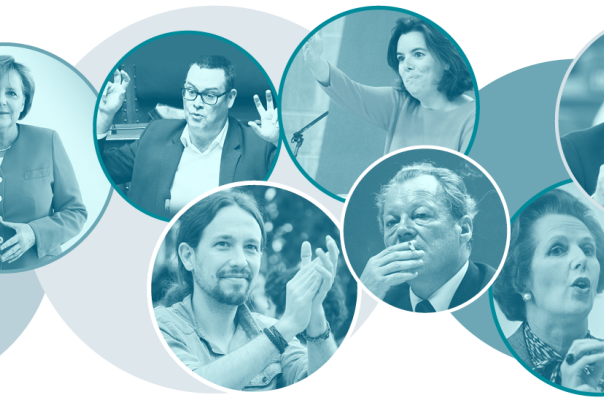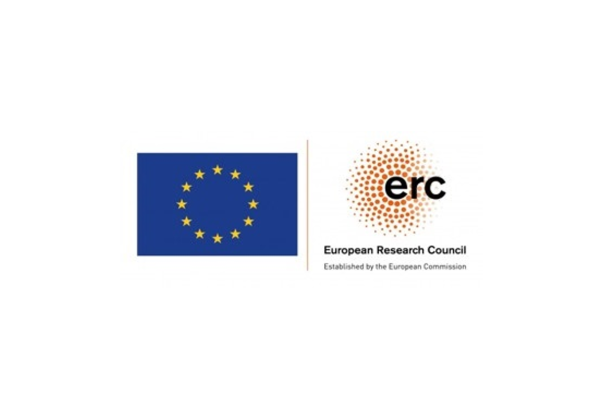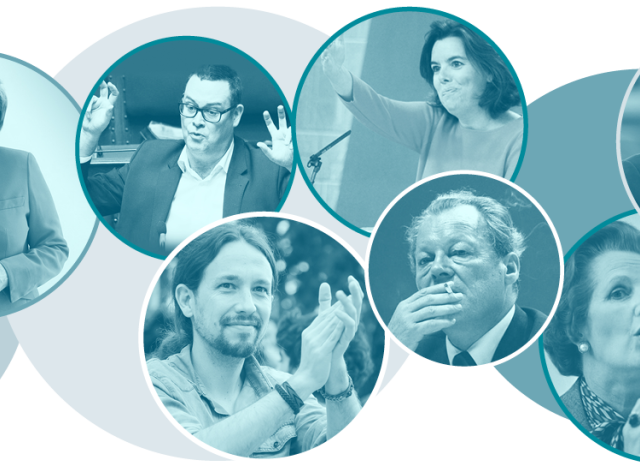Hardly a week goes by without reports of elected officials—often depicted as ‘populists’—having used vitriolic language and viciously attacked their opponents. In a context of ‘restyling of politics’, the style of political actors is presented as increasingly emotional and confrontational.
Some scholars have argued that these styles directly challenge the democratic functioning of our modern societies. Yet, in the absence of longitudinal studies, such claims remain trivial intuitions and anecdotes that are as old as politics. Do the styles of modern politicians constitute new trends or reflect old habits? What are the factors constraining or favouring certain styles?
Against a form of nostalgia for ‘good old times’, this project critically challenges the idea that emotive and confrontational styles are necessarily threats for our contemporary democracies. The central claim of this project is that not all hostility is equal. Conflicts are the democracy’s lifeblood allowing—and even requiring—heated disagreements, including sometimes uncivil and nasty interactions between political adversaries. By contrast, styles founded upon violence and intolerance must be considered as incompatible with the functioning of our pluralistic democracies: such styles transform political adversaries into enemies to be destroyed.
POLSTYLE
The POLSTYLE project makes radical empirical, methodological and theoretical breakthroughs by analysing the evolution of political styles in four European democracies since 1960 (Belgium, Germany, Spain, and the United Kingdom).

The project builds unique datasets based on political actors’ performances in four arenas: TV, printed press, parliaments, and Twitter. A large-N analysis is conducted, using cutting-edge techniques that allow for the analysis of both verbal and nonverbal dimensions of styles. Finally, the theory-building approach explains how and why styles have unfolded differently based on institutional, political, and media factors.
ERC STG POLSTYLE
This project was funded by the European Research Council (ERC) as part of the European Union's Horizon Europe research and innovation program (grant agreement no. 101078226).

Contact
Prof. Jérémy Dodeigne - Email: polstyle@unamur.be
More information
It's not often that two researchers from the same institution (and the same institute!) are awarded such prestigious funding.
The 2 ERC Starting Grants for Jérémy Dodeigne's POLSTYLE project and Vincent Jacquet's CITIZEN_IMPACT project will thus enable the emergence and development of a genuine pole of excellence in Political Science within UNamur's Transitions Institute.


